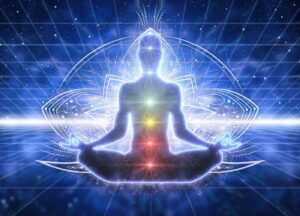When the Need for Love / Connection is Important to You
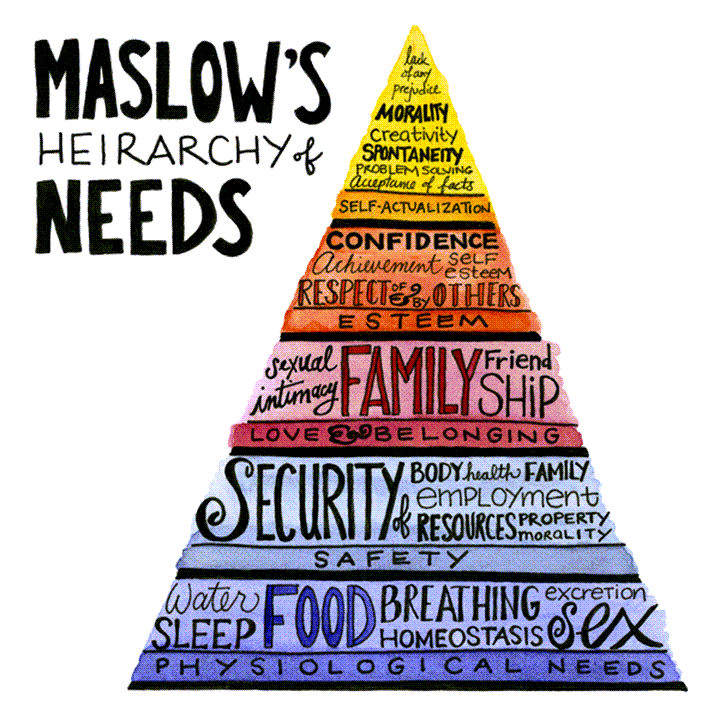
Let’s first review Abraham Maslow’s theory of human needs. In 1943, Abraham Maslow proposed the hierarchy of psychological needs, illustrating an order of human motivation.
It is often depicted as a pyramid because Maslow initially suggested that we must satisfy our Physiological Needs first, followed by our need for Safety, Love, and a Sense of Belonging, then Self-Esteem, and finally, Self-actualization in that order.
Maslow later clarified that the order in the hierarchy “is not nearly as rigid” as he originally implied.
For example, for some, the need for Self-Esteem could be more important than the need for Love. For others, the need for creative fulfillment may supersede even the most Basic Needs.
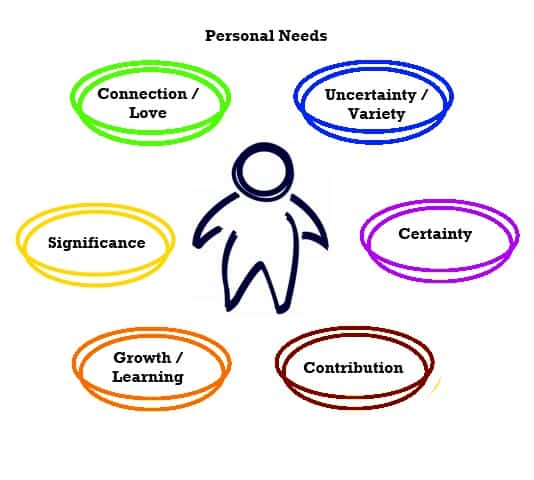
For these reasons, Cloé Madanes, a world-renowned innovator and teacher of family and strategic therapy, separated the Emotional areas from the Physical and reworked the needs into “The Six Human Needs.“
Cloé explains that the Six Human Needs are not “Desires” but actual “Psychological Needs” that we continually try to satisfy consciously and subconsciously.
Your needs influence your deepest motivations and determine how you prioritize your decisions and actions throughout your life.
If you try to meet those needs that are not in line with your values, you will experience conflict and discontent.
Conversely, when you can align your needs with your highest values, you will feel more fulfilled and complete.
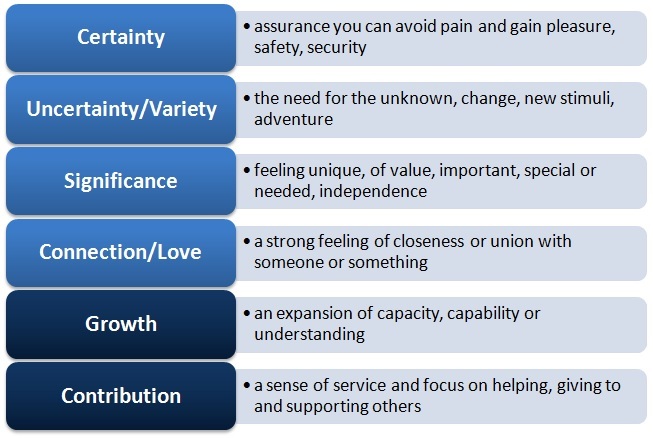
The Six Human Needs work in pairs: Certainty with Variety, Significance with Love and Connection, and Growth with Contribution.
The first two pairs are in constant search of balance.
When you feel that you don’t have enough of one of the needs when you have too much of the other.
On the other hand, the bottom two needs, Growth, and Contribution, can grow separately or together.
What is the Need for Love / Connection?
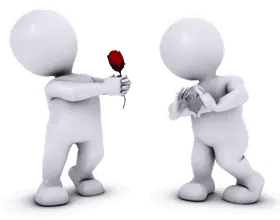
- To feel worthy, you need to love and be loved.
- You need to have meaningful connections with people.
- You’re worthless if you’re unloved and can’t give your Love.
The need for Love / Connection means that you are continually striving to connect and build strong social bonds and relationships with other people.
This is the main reason why we get married, why we attend church gatherings, why we spend time in nature, why we gather at clubs, and why some people choose to join gangs.
It’s all because we need to feel connected to other people. We no longer want to feel significant.
Instead, connections with other people help us avoid bouts of depression and loneliness.
However, ironically, the deeper we connect with others, the more susceptible we fall prey to criticism and rejection.
When you prioritize Love and connection above all other human needs, you might often sacrifice adventure and variety.
Say, for instance, you find your soul mate, you get married, and because you value connection above all else, you no longer take risks, play sports, and pursue adventure.
Suddenly, your priority levels have shifted, and you no longer seek Uncertainty. Instead, you might now value connection and even Certainty above all else.
Now, consider how an oversupply of the need for Love / Connection can lead to a loss of identity. With this loss comes the need to feel important, unique, and worthy.
And as such, your relationships with other people start to break apart.
How Love / Connection Serves You
- You’re kind and generous to those you love, and you can be fiercely protective of them.
- You’re nurturing and responsible.
How Love / Connection Hurts You
- You must love yourself first.
- You are not indispensable to others.
- To be loved is not equal to being needed.
- In thinking of others first, you repress your own needs.
- You often can’t say “no” because you expect to be loved by giving to others and are usually disappointed.
- You’re often not aware of your own needs.
- You can be intrusive without realizing it.
Love / Connection Focus
- Your focus is on the relationships with those you love and how to satisfy their needs.
- You have great empathy for the feelings and emotions of others.
- You expect to be loved in return.
Love / Connection Energy
- Your focus is on understanding others and meeting their needs.
- You like to feel that you can help and are proud of being able to do so.
- You need people’s approval and acceptance.
- You have high energy when it comes to giving.
- You crave romantic Love.
Love / Connection Health
- You may be so focused on caring for others that you neglect your health.
Love / Connection Avoidance
- You will do almost anything to avoid feeling dispensable.
- You avoid disappointing others and feeling unappreciated.
- It’s hard for you to tolerate rejection.
Love / Connection Strengths
- You’re generous, sensitive, supportive, and helpful.
- You relate well to people of all ages and all walks of life.
- You’re a good companion and listener.
- You give good advice.
- You give freely of your time, energy, and material possessions.
- You empathize with suffering.
- You have emotional depth.
Love / Connection Communication Style
- You are focused on others, and you’re friendly and open.
- You express yourself well, and you’re quick to give advice.
- You’re supportive.
- You frequently use togetherness, passion, unity, warmth, tenderness, and desire.
- Sometimes, people experience you as emotionally intense.
Love / Connection Stress
- You are stressed when you are not appreciated for all you give and when you are not loved in return.
- You’re also stressed when sometimes people perceive you as intrusive or controlling.
- Feeling needed by so many people is stressful, and your confusion about your needs doesn’t help.
- You invest too much in challenging relationships.
- You sometimes envy what others have and what is not emotionally available to you.
Love / Connection Defensiveness
- You get defensive when people tell you how to live, especially when they insist you should give less to others.
- You can get angry if you feel controlled and if people attribute bad intentions to you.
- You can get enraged when people are cruel.
- You can also become defensive when you feel misunderstood.
Love / Connection Emotions
- You worry a great deal about others.
- You can easily attribute blame to yourself and others.
- You sometimes experience resentment and have angry outbursts when you don’t feel appreciated or are treated inconsiderately.
- When you’re away from those you love, you feel significant pain in missing them.
- You often feel possessive about those you love.
- You feel deeply, and you’re idealistic.
- You long for what is missing in your life.
- You can be very emotional and sink into depression.
Your Goal for Achieving Love / Connection Growth and Balance
Your Goal for achieving Love / Connection Growth and Balance is to find a balance between caring for yourself and your loved ones and your need to contribute to the larger good.
What to do?
- You need to care for yourself and be more aware of your needs.
- You need to feel loved for who you are, not what you give.
- It would be best if you practiced setting limits on what you give.
- You need to develop clarity about your own needs and satisfy them.
- It would be best to be sensitive to being seen as intrusive or controlling.
- It would be best if you honored your feelings and idealism.
What interferes with your Goal?
- You need to help and give to those you love interferes with your Goal.
- You often feel guilty when you pay attention to your own needs.
- Your pride in not paying attention to your needs interferes with your Goal, as does your fear of being selfish.
- You have difficulty asking for anything and receiving it from others.
- You believe that you are loved based on what you give.
How can others support you?
- Others can model your independence instead of becoming dependent on what you give.
- Others could ask you about your needs and pay attention to them.
- Give you an appreciation for what you give and appreciate whenever you say “no.”
- People could focus on understanding you instead of trying to change you.
Love / Connection Advice
- You need to practice setting limits on what you give.
- You need to develop clarity about your needs and how to satisfy them.
- It would be best to be sensitive when seen as intrusive or controlling.
- It would be best if you honored your feelings and your idealism.

